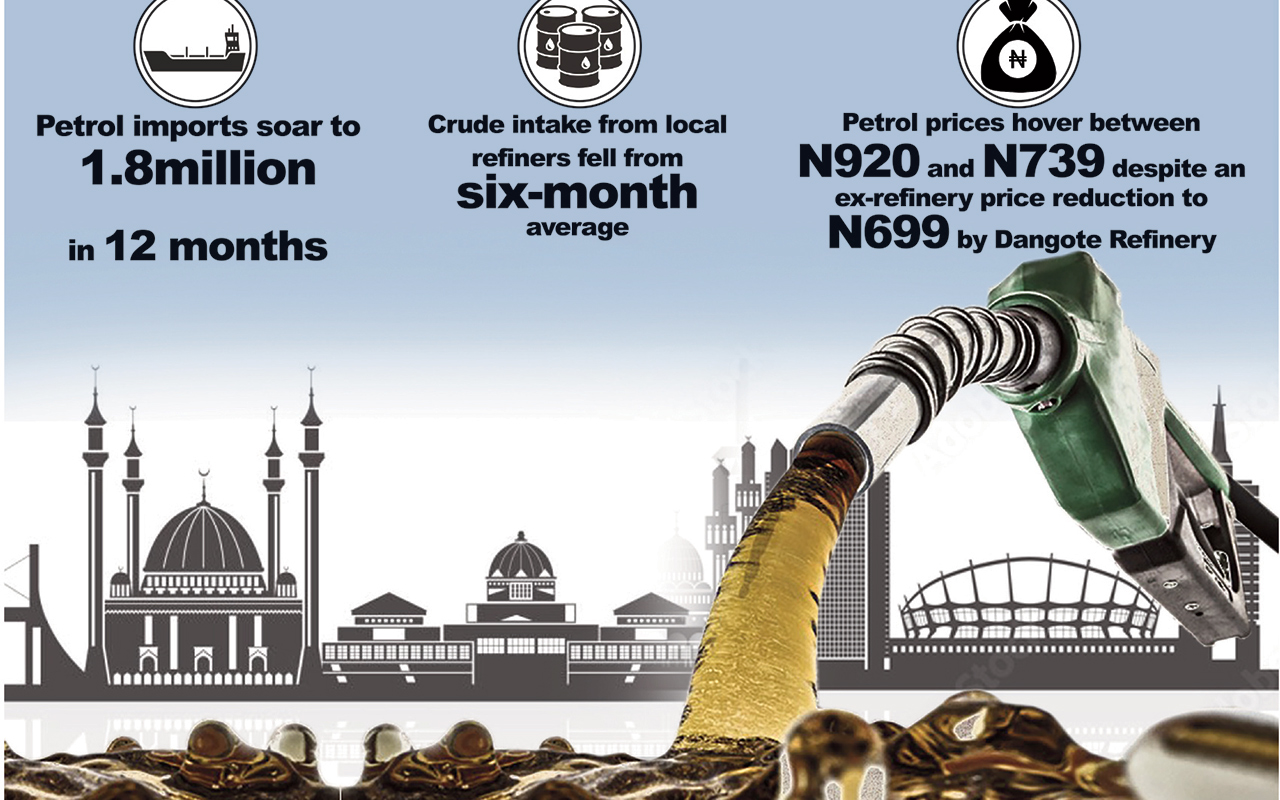
Experts in the oil industry have said that gas availability may be hindered due to high production costs as the tariff paid by operators is denominated in dollars.
They stressed that benchmarking the mode of operation in the sector against the U.S. dollar will affect power generation and make things difficult for all stakeholders.
Managing Director and Chief Executive Officer, Niger Delta Power Holding Company (NDPHC), Chiedu Ugbo, said Nigeria has the capacity to produce gas but the major challenge has always been cost of production.
“Gas tariff we are paying for is denominated in dollars that means for instance if the tariff is $2, the payment which is allowed in Naira is at the equivalent rate of dollars as of the time of payment and because of fluctuation in dollar rate, it means the power we consume will go up and it will be a huge burden on Nigerians. Good news is the government is stepping in and they are working out some modalities so we are waiting for official pronouncement on that,” he said.
He further advised gas producers, power generation companies on collaboration, stressing that they should stop benchmarking against the dollar as it becomes difficult for everyone.
Also, Managing Director and Chief Executive Officer, Falcon Corporation, Audrey Ezeigbo, said despite being an oil-producing nation, Nigeria faces significant energy access challenges, with millions of Nigerians lacking access to electricity, and those with access often grapple with very frequent power outages.
She stressed that lack of energy security hampers economic growth and human development, noting that in the face of climate change and international commitments to reduce carbon emissions, the global energy landscape is undergoing a transformation.
Ezeigbo added that Nigeria has challenges relating to energy insecurity and economic vulnerability due to global oil price fluctuations.
“Indeed, the oil sector has been the cornerstone of the Nigerian economy for decades, providing significant revenue and information opportunities that most often benefit. One of these has brought considerable wealth and also exposed the country to a series of challenges, including environmental degradation, oil spills, gas flaring, deforestation that is associated with oil exploration and production and this has led to the effects on our local communities, our environment as a whole,” she said.
On his part, Chief Executive Officer, Heritage Energy Operational Services Limited, Ado Oseragbaje, said it is imperative for the Nigerian energy industry to maximise the potential of its gas deposit and contextualise its place in the fast-evolving economy with the prediction of a 23 per cent increase in global primary energy demand up to 2045.
“Nigeria is said to have about 205.83 trillion cubic feet of gas, which is 33 per cent of Africa’s total reserve of 620 TCF. This gas, with the right investors, would help Nigeria through the clean energy transition and enable her to meet the developmental needs,” he said.






